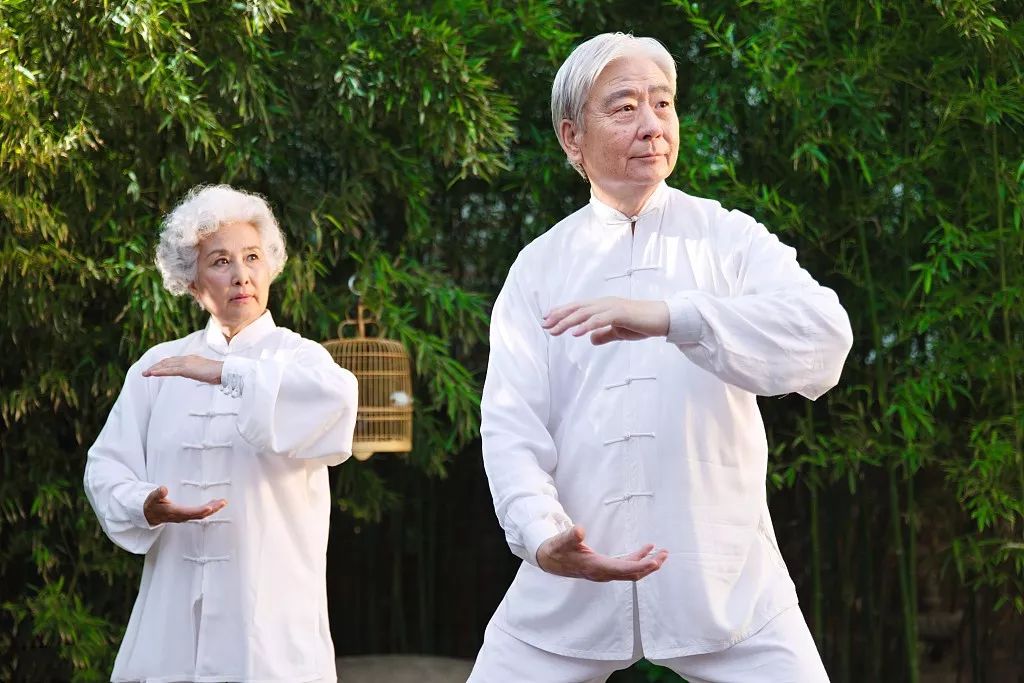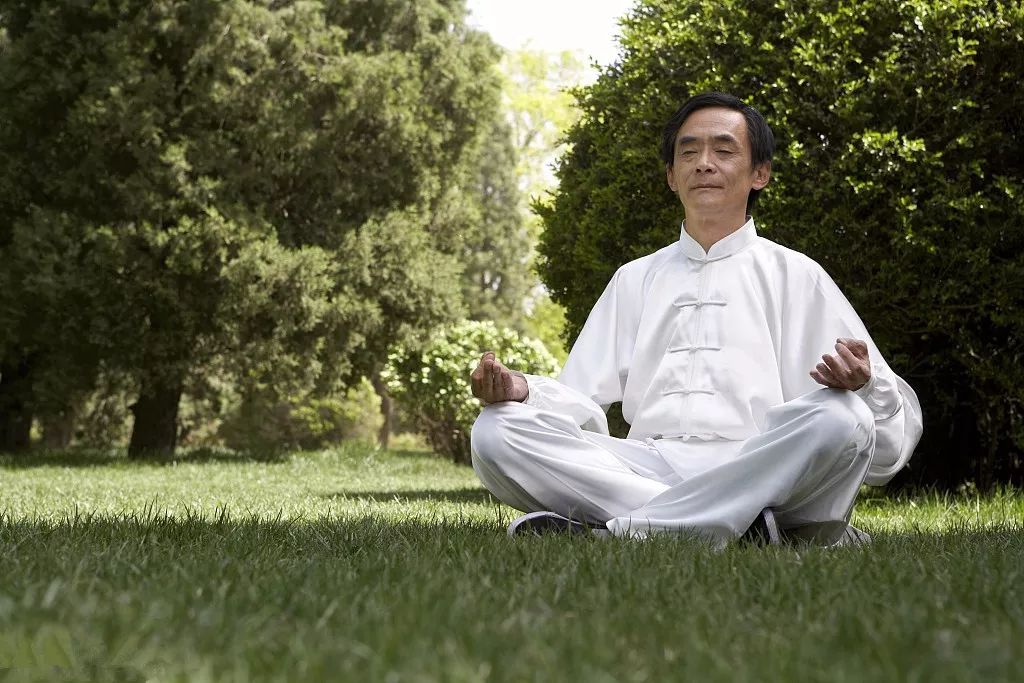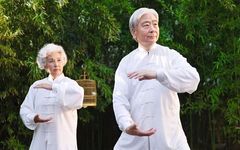
The balance of Yin and Yang in the human body is not fixed; as stated in the “Su Wen: On the Correspondence of Yin and Yang”: “When Yin is heavy, Yang must be present; when Yang is heavy, Yin must be present.” Therefore, the balance of Yin and Yang can easily be disrupted. This is because the balance of Yin and Yang is a dynamic equilibrium, not an absolute static state. Both Yin and Yang are constantly changing, yet under normal circumstances, they maintain relative stability and coordination, which is essential for our health.
The relationship between Yin and Yang includes opposition, mutual rooting, growth and decline, and transformation.
When one side becomes excessively strong or weak, the other side compensates. If the Yang Qi and Yin essence in the body cannot maintain normal balance, then Yin and Yang will lose their relative equilibrium.
Specifically, the main causes of Yin-Yang imbalance are as follows.
1. Aging of the Human Body

Our life process is one of metabolism and continuous aging, from birth and growth to decline, the imbalance of Yin and Yang always accompanies us.
In the early stages, the number of new cells generated and the metabolic rate exceed the number of old cells dying, so the effects of this imbalance are not obvious.
As our bodily functions continue to enhance and improve, after reaching adulthood, the Yin and Yang in the body are generally in a state of equilibrium, thus maintaining our health.
In old age, as the speed of new cell generation slows down and the functions of various parts of the body begin to decline, the signs of Yin-Yang imbalance become more pronounced, leading to fatigue and various diseases.
This is the natural law of human growth and aging. If we can maintain the balance of Yin and Yang in the body, we can delay aging and maintain health.
2. The Influence of Emotions

According to the “Su Wen: On Pain” it is recorded: “All diseases arise from Qi. Anger causes Qi to rise, joy causes Qi to relax, sadness causes Qi to dissipate, fear causes Qi to descend, shock causes Qi to become chaotic, and overthinking causes Qi to stagnate.” The seven emotions include joy, anger, sorrow, happiness, grief, fear, and shock, and TCM believes that these emotions correspond to the five organs.
Severe fluctuations in a person’s emotions can greatly affect Yin and Yang, leading to an imbalance that disrupts the normal circulation of Qi and blood, resulting in dysfunction.
According to the “Huangdi Neijing”, anger harms the liver, joy harms the heart, overthinking harms the spleen, worry harms the lungs, and fear harms the kidneys… Once one emotion is affected, it can lead to a disorder in the Qi, blood, organs, and Yin-Yang of the entire body, causing various diseases.
3. The Influence of Environmental Factors

The six climatic factors include wind, cold, heat, dampness, dryness, and fire. From the perspective of seasonal climate, spring and summer belong to Yang, while autumn and winter belong to Yin, which also includes various complex changes in the natural environment.
In addition to the above factors, the continuous deterioration of the ecological environment, the intensification of the greenhouse effect, air pollution, reduction of green areas, electronic product pollution, food contamination, and noise pollution can also severely disrupt the balance of Yin and Yang in our bodies.
Recommended Reading

Unveiling Taoist Techniques: The Seven Star Lamp’s Method to Extend Life! Understanding this secret can truly empower one to change their fate!

The Journey of Enlightenment ☯ Heart Moon

